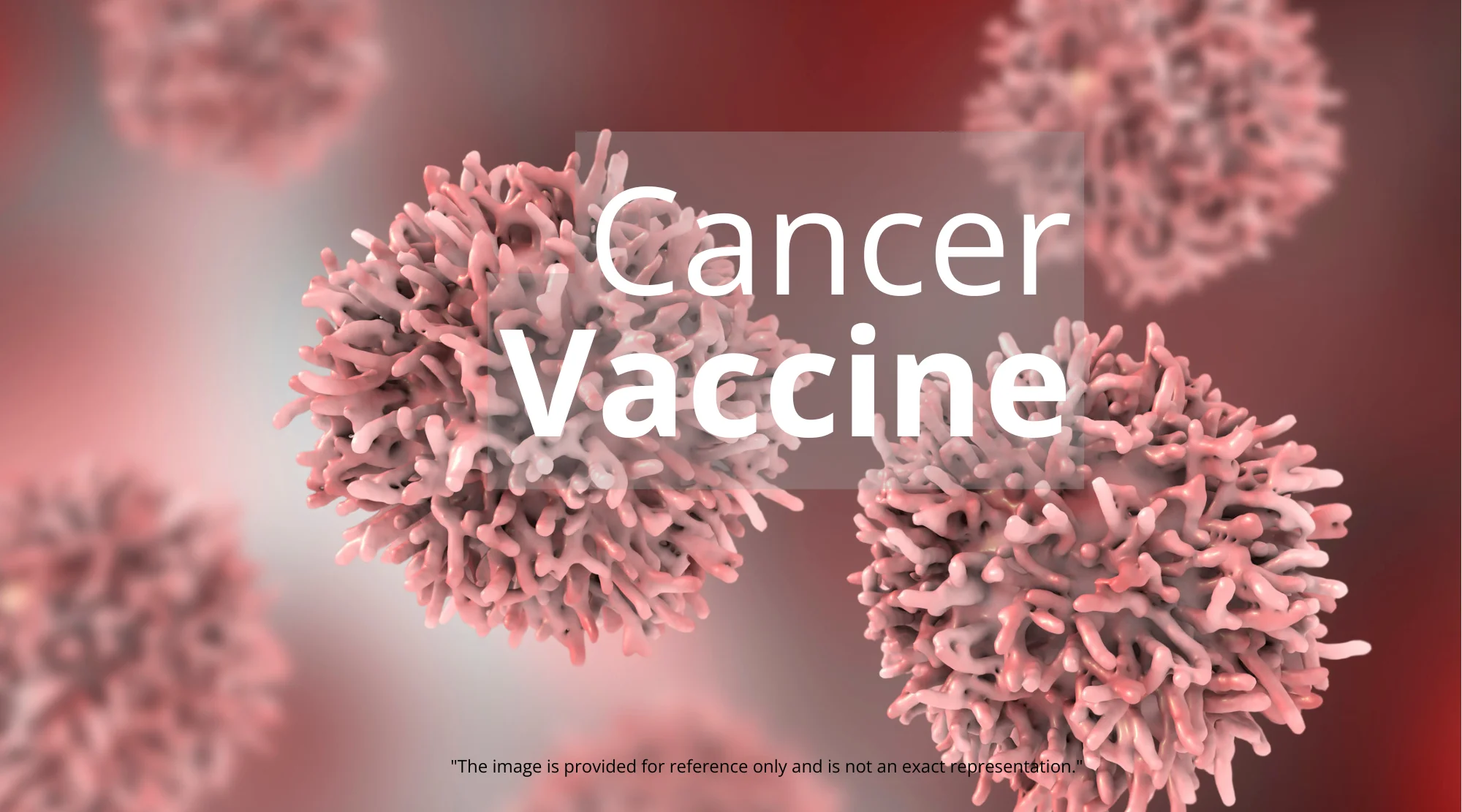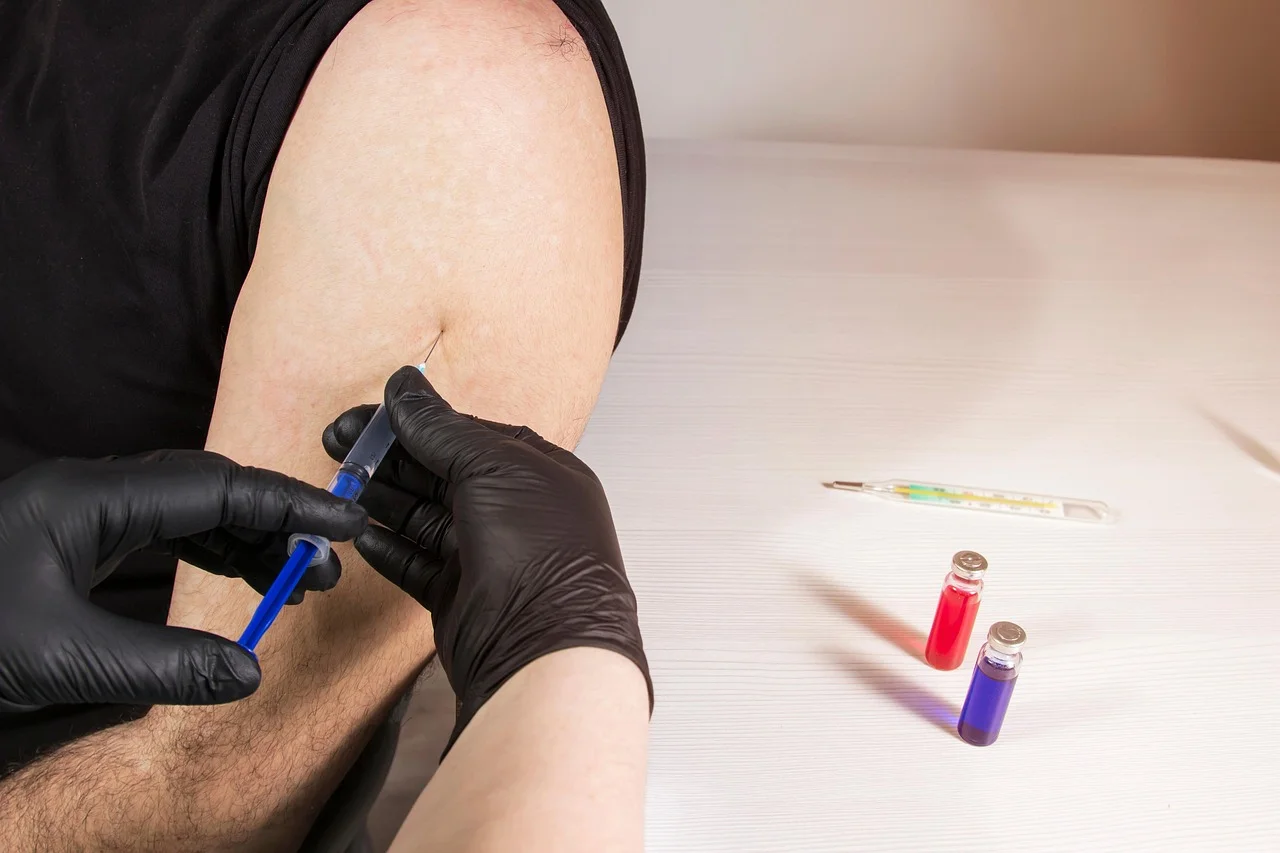Enteromix: Russia’s Bold mRNA Cancer Vaccine – Hype or Hope?
The world of cancer research is buzzing with a recent announcement from Russia: a novel mRNA-based vaccine called “Enteromix.” Reports claim it has achieved astonishing preclinical results, including a purported 100% efficacy in animal models. This news has sparked immense excitement, raising the question: Is this the revolutionary breakthrough we’ve been waiting for, or are we witnessing an overinflated wave of optimism? Let’s get to the bottom of Enteromix, its ambitious claims, and what the experts are saying.
A Groundbreaking Announcement at the Eastern Economic Forum
On September 8th, amidst the bustling Eastern Economic Forum (EEF) in Vladivostok, Veronika Skvortsova, head of Russia’s Federal Medical and Biological Agency (FMBA), unveiled promising news. She announced that Enteromix had successfully concluded its preclinical trials, demonstrating high safety and remarkable efficacy. According to Skvortsova, these studies, spanning several years with the last three dedicated to mandatory preclinical testing, have shown the vaccine to be safe, even with repeated administrations. Furthermore, it’s reported to shrink tumors by an impressive 60-80%, depending on the specific characteristics of the disease, with significant improvements in survival rates observed in animal models.
Initially, Enteromix is targeting colorectal cancer, a widespread and often deadly form of the disease globally. However, the research isn’t stopping there. Scientists are also developing versions to combat glioblastoma, an aggressive brain cancer, and melanoma, including ocular melanoma, with the FMBA indicating these advancements are in “advanced stages of development.”

How Exactly Does Enteromix Work?
Enteromix harnesses the power of mRNA technology, a familiar approach from the COVID-19 vaccines, to train the body’s immune system to identify and eliminate cancer cells. Unlike traditional treatments like chemotherapy, which can unfortunately affect healthy cells, this vaccine is designed to be personalized to a patient’s unique genetic profile, offering highly specific immunotherapy. Think of it as a precision strike – Enteromix acts like a “wanted poster” for the immune system, clearly marking malignant cells for attack, thereby preventing tumor formation or encouraging their regression.
During preclinical trials involving mice engineered to develop colorectal cancer, the vaccine yielded truly impressive results, including a claimed “100% efficacy” in preventing tumor development. Some reports even suggest that combining mRNA with four harmless viruses significantly boosts the immune response, enabling a more accurate and potent attack on cancer cells.
100% Efficacy? Experts Urge Caution
Despite the headline-grabbing optimism, international experts are expressing understandable skepticism regarding Russia’s claims, particularly the assertion of “100% efficacy.” Dr. David James Pinato, an oncologist at Imperial College London, rightly points out that preclinical trials, which are conducted on animals, cannot fully replicate the complexity of the human immune system or the intricate nature of cancer genomes. “Showing 100% efficacy in animals doesn’t mean anything without human trials. It’s an interesting result, but it’s a long way from a viable clinical treatment,” Dr. Pinato commented.

Moreover, while some reports indicate that Enteromix has initiated Phase I human trials involving 48 volunteers, these early studies are primarily focused on assessing safety, not effectiveness. Dr. Pinato cautions that claims of the vaccine being “ready for use” are premature. Rigorous clinical trials (Phases II and III) are still essential to confirm its efficacy across diverse patient populations.
What Lies Ahead: Approval and Expectations
The FMBA has stated that Enteromix is currently awaiting approval from the Russian Ministry of Health, a critical step before it can be introduced into clinical settings. If greenlit, it could potentially become the first publicly available mRNA-based cancer vaccine, with some reports suggesting it might even be offered for free. However, the absence of peer-reviewed data and a lack of transparency surrounding the trials have understandably raised questions within the global scientific community.
A Cancer-Free Future?
The development of Enteromix undoubtedly marks an exciting milestone in cancer research, particularly due to its personalized approach and its utilization of the revolutionary mRNA technology. Yet, experts universally agree that there’s still a significant journey ahead before this vaccine can truly be hailed as a “game-changer” in the fight against cancer. The upcoming human clinical trials will be paramount in validating these initial promising claims.
For now, Enteromix represents a beacon of hope, but it also serves as a crucial reminder to approach bold claims with a healthy dose of scientific caution. As the world eagerly awaits further data, the scientific community remains keenly observing this development, which, one day, might indeed transform the treatment landscape for colorectal cancer, glioblastoma, and melanoma.














Post Comment